Research Team
PI:

Sean O’Neil
Principal Investigator
University of Notre Dame
soneill4@nd.edu
Co-PI’s:
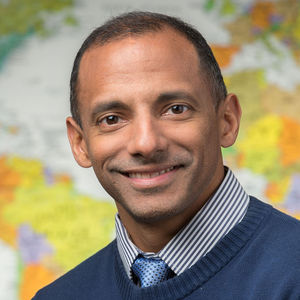
Tom Purekal
Director, Innovation and Practice Division
Pulte Institute for Global Development
University of Notre Dame
tpurekal1@nd.edu
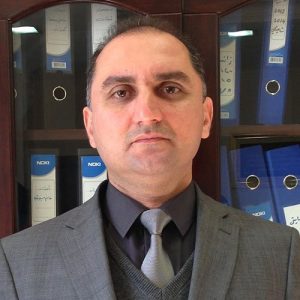
Dr. Nashwan Shawkat Mahmood
College of Engineering
University of Duhok
nashwan.shawkat@uod.ac
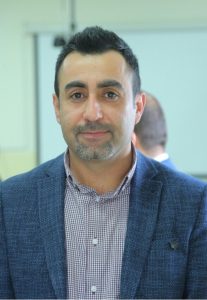
Dr. Nabaz Ibrahem Mohammed
Head of Recreation & Ecotourism Department
College of Agricultural Engineering Sciences
University of Duhok
nabaz.mohammed@uod.ac
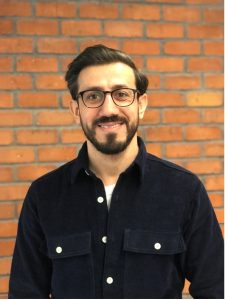
Shivan Fazil
Researcher, Middle East and Africa Program
shivan.fazil@sipri.org
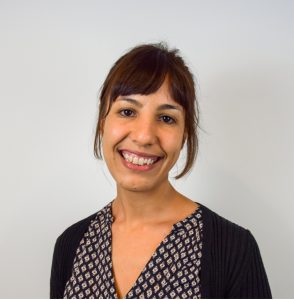
Amal Borhrous
Researcher, Stockholm International Peace Research Institute
amal.bourhrous@sipri.org
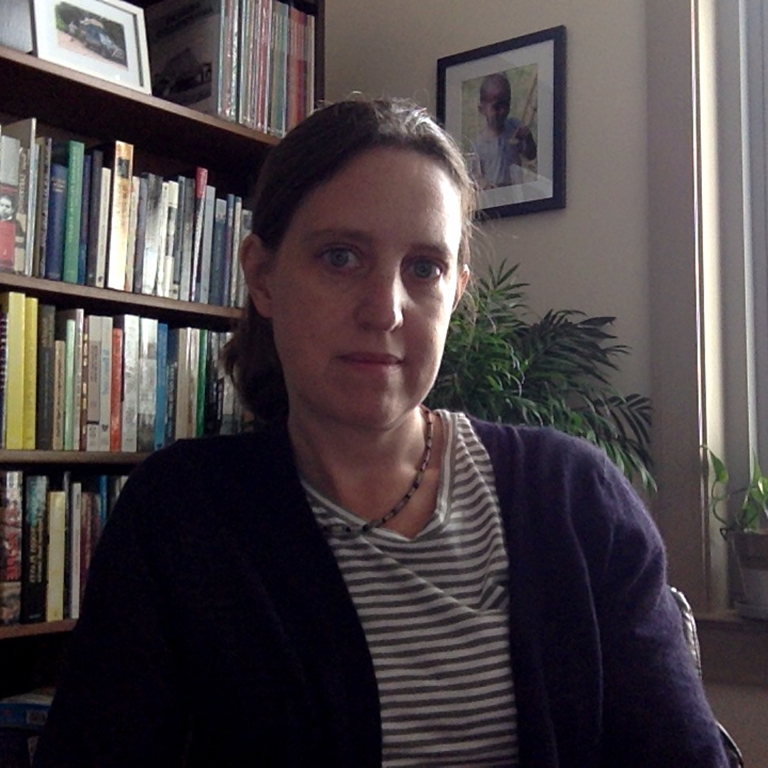
Dr. Sarah R. Osterhoudt
Assistant Professor
Department of Anthropology
Indiana University
srosterh@indiana.edu

Dr. Peter Hirst
Assistant Director
International Programs in Agriculture (IPIA)
Purdue University
hirst@purdue.edu

Dr. Mark Russell
Head of the Department of Agricultural Sciences Education and Communication
Purdue University
mrussell@purdue.edu

Amanda Dickson
International Extension Specialist
College of Agriculture
Purdue University
dicksona@purdue.edu
Supporting Partner(s):

Teshome Alemneh
Director of Office of International Development
talemneh@iu.edu

Stephen O’Donnell
Contracts & Grants Specialist
sodonne@iu.edu
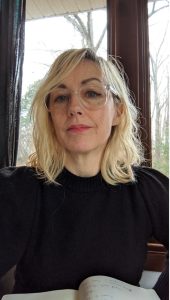
Dr. Kate Eddens
Associate Research Scientist
Department of Epidemiology and Biostatistics
Indiana University School of Public Health
keddens@indiana.edu
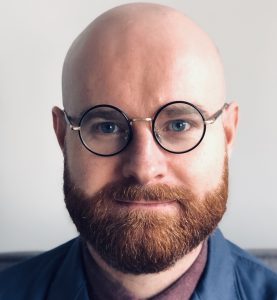
Dr. Dylan O’Driscoll
Associate Professor in Peace and Conflict
Centre for Peace, Trust and Social Relations (CTPSR)
Coventry University
dylan.odriscoll@coventry.ac.uk
Project Information
Title of Project: Support to Traditional Cultural Practices in Northern Iraq
Sector: Agriculture
Country: Iraq
Lead Institution: University of Notre Dame
Partner(s): University of Duhok, Stockholm International Peace Research Institute, Indiana University, Purdue University
Final Budget: $5M
Project Length: 3.5 years (November 2019 – June 2023)
Research Objective:
The purpose of this project is to identify and re-establish the agro-based cultural practices of major minority groups in Northern Iraq who were affected by ISIS. This project included an initial period of deep ethnographic research and comprehensive data collection to understand agricultural practices impacted by ISIS occupation and of particular cultural significance to local communities and ethno sectarian groups. This phase will be followed by an implementation period to help in re-establishing the identified agro-based cultural practices. (UND, Purdue, IU)
Project Description:
Between 2014 and 2017 hundreds of thousands of Iraqis were killed, and millions of individuals were displaced, due to the Islamic State’s (IS) occupation and the subsequent military campaign to defeat its forces. IS particularly targeted minority communities living in Ninewa province in northern Iraq, including Christians, Yezidis, Shabaks, Turkmen, and Kaka’i. Members of these minority communities were executed, enslaved, or forcibly converted to IS’s radical form of Sunni Islam. Regional livelihoods based on farming and animal husbandry were devastated. IS also destroyed many historical, religious, and cultural heritage sites, leading to a sense of spiritual loss and community estrangement.
This project foregrounds the linkages between cultural meaning and agricultural landscapes to examine the compounded social, cultural, agricultural, and economic effects of the IS occupation on ethnic and religious minority communities in the Ninewa province, with a particular focus on the districts of Hamdaniya and Tal Kayf and the sub district of Bashiqa. It takes a systematic, landscape approach that underscores the cultural importance of agrarian activities in promoting economic security, cultural identity, and a sense of belonging. We consider agricultural activities quite broadly, including market crop cultivation, home gardens, livestock production, and the collection of wild plants. We also incorporate the local manufacture of culturally important products including olive oil, cheese, tahini, and locally milled bulgur.
The overall project has four main research objectives. Phase I of the project focuses on the first, second, and fourth objectives:
- Identify culturally valuable agricultural resources for members of minority groups;
- Determine the impact of IS occupation on these resources;
- Assist groups in the target geographies in re-establishing the production or use of these resources; and
- Strengthen the institutional capacity of the University of Duhok (UoD) to administer and support high quality, sustainable research and extension activities.

